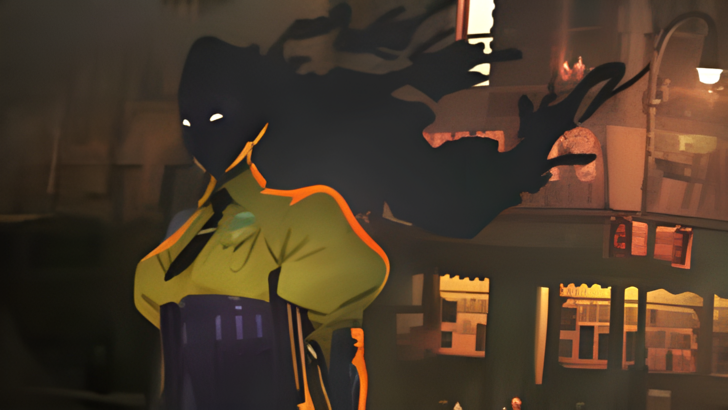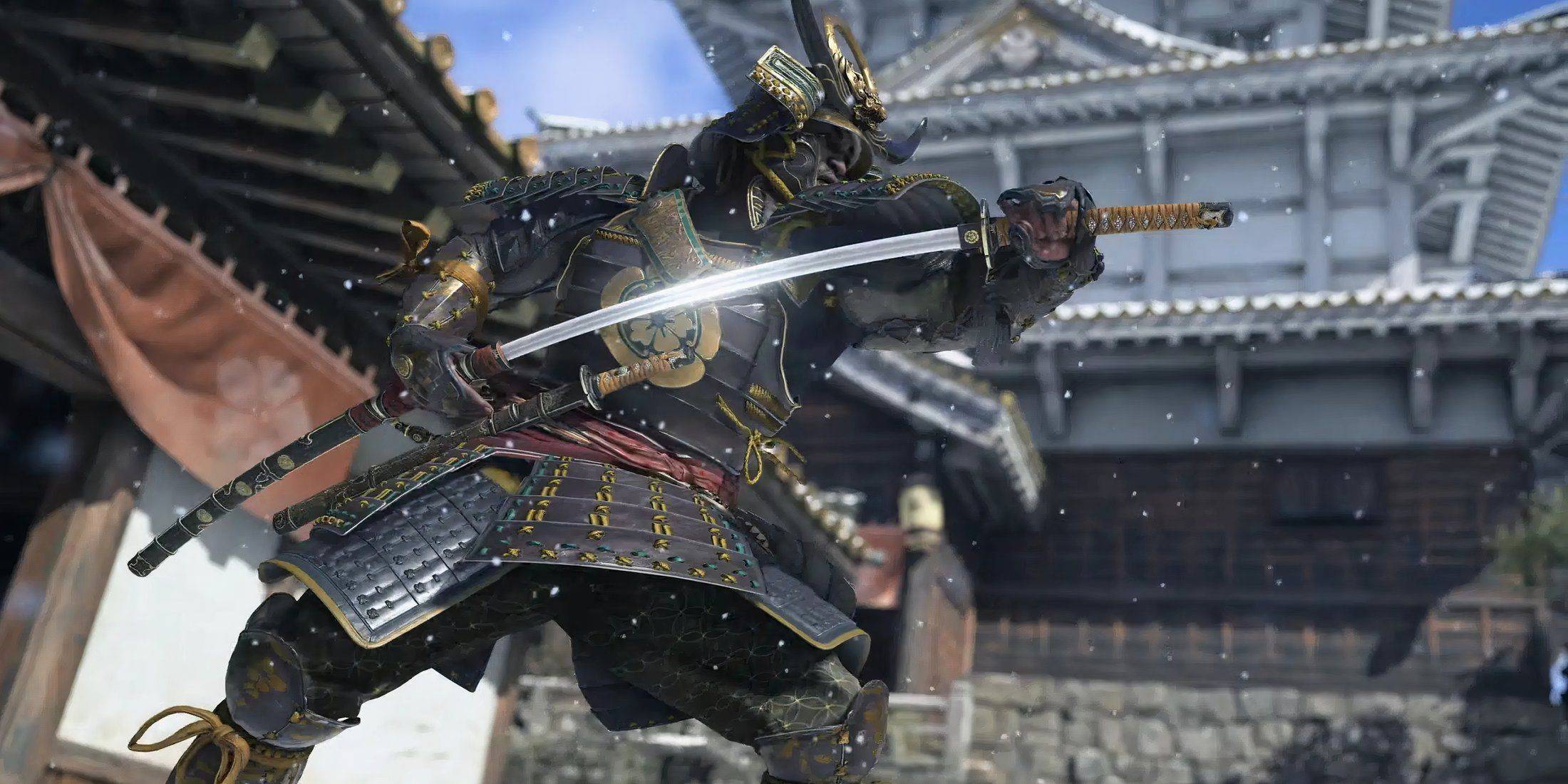
Valve's highly anticipated MOBA shooter, Deadlock, finally emerges from the shadows with an official Steam page. This article delves into the recently lifted development secrecy, examines the impressive beta statistics, explores the unique gameplay, and analyzes the controversial approach Valve is taking.
Deadlock Officially Launches on Steam
After a period of intense speculation fueled by leaks, Valve has confirmed Deadlock's existence and unveiled its Steam store page. The closed beta recently reached a staggering 89,203 concurrent players, more than doubling its previous peak. This surge follows Valve's decision to relax its strict confidentiality, allowing for open discussion, streaming, and community engagement. However, it's crucial to note that the game remains invite-only and is still in its early development stages, featuring placeholder art and experimental mechanics.
A Unique Blend of MOBA and Shooter Gameplay
Deadlock blends MOBA and shooter elements seamlessly. Employing 6v6 combat reminiscent of Overwatch, players lead teams of NPC grunts across multiple lanes while engaging in direct combat. This dynamic creates fast-paced, intense matches requiring a balance of strategic troop management and personal heroics. Frequent Trooper respawns, wave-based battles, and powerful abilities add layers of tactical depth. Movement options like sliding, dashing, and zip-lining enhance the fast-paced action. The game boasts a diverse roster of 20 heroes, each with unique abilities, encouraging experimentation and teamwork.
Valve's Controversial Steam Store Compliance
Interestingly, Deadlock's Steam page deviates from Valve's own store guidelines. While Valve mandates at least five screenshots, Deadlock currently only features a single teaser video. This discrepancy has drawn criticism, with some arguing that Valve, as a Steamworks partner, should uphold its own standards. This echoes previous controversies, such as the promotional sticker issue during a 2024 sale of The Orange Box. The developer 3DGlyptics (B.C. Piezophile) has voiced concerns about Valve potentially undermining the platform's fairness and consistency. However, Valve's dual role as developer and platform owner complicates the application of traditional enforcement. The future handling of this issue remains to be seen.
 Home
Home  Navigation
Navigation






 Latest Articles
Latest Articles










 Latest Games
Latest Games












